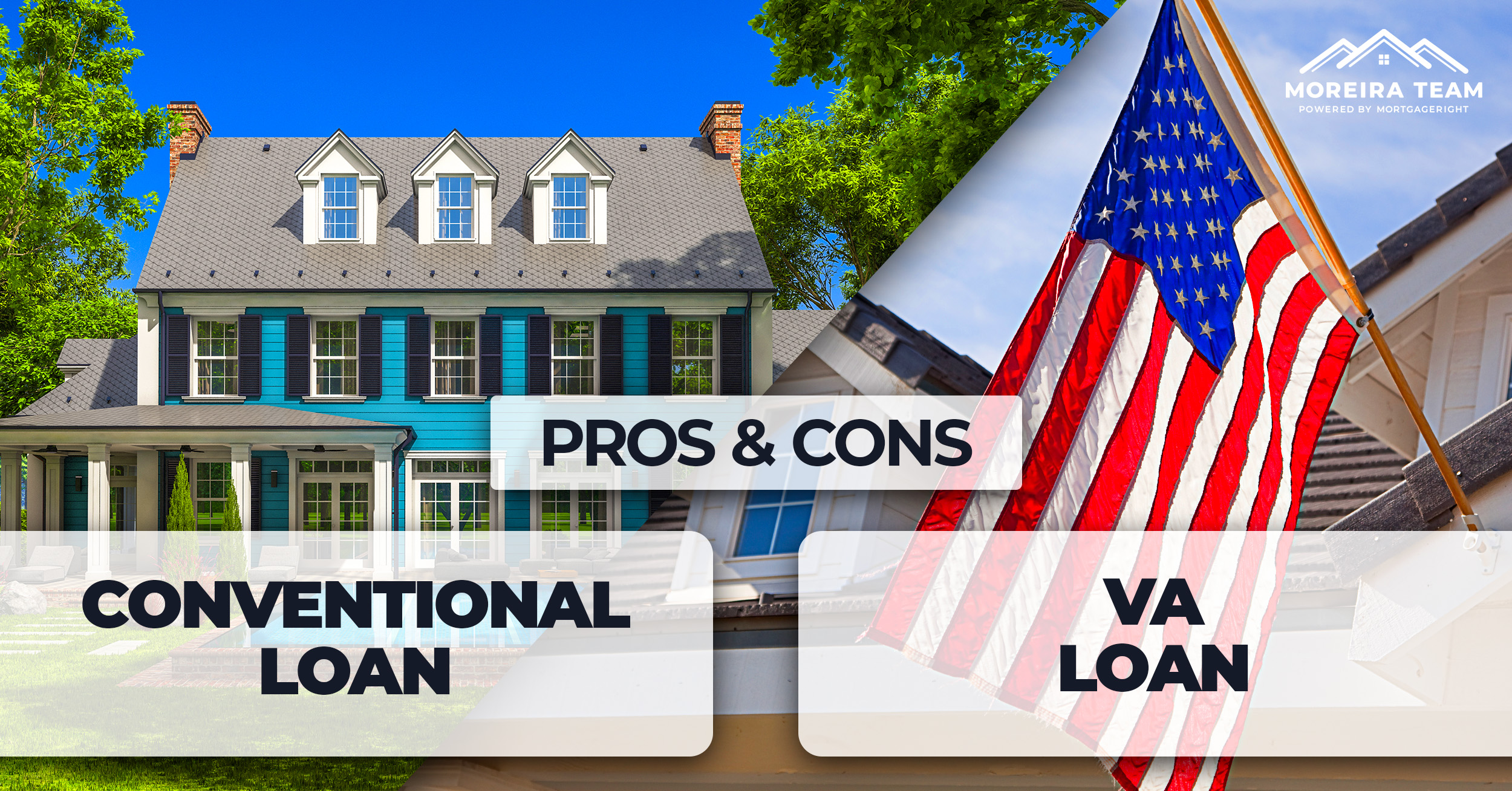Benefits of a VA Loan vs Conventional
In this article, we will provide a detailed comparison of the benefits of a VA loan versus a conventional loan. We will explore the advantages that a VA loan offers to eligible veterans and active-duty military personnel, and how it differs from conventional loans.
Eligibility Requirements
VA loans are exclusively available to veterans, active-duty military personnel, and eligible surviving spouses. On the other hand, conventional loans are open to anyone who meets the lender’s requirements, regardless of military service.
Down Payment
One of the most significant advantages of a VA loan is the option for a zero down payment. Conventional loans typically require a down payment of at least 3% to 20% of the home’s purchase price. This feature makes VA loans a more accessible choice for those who may not have substantial savings for a down payment.
Interest Rates
VA loans often offer competitive interest rates compared to conventional loans. The Department of Veterans Affairs backs VA loans, which reduces the risk for lenders. As a result, lenders can offer lower interest rates to borrowers. However, it’s important to note that interest rates can vary based on individual circumstances and market conditions.
Mortgage Insurance
One of the significant advantages of a VA loan is the absence of private mortgage insurance (PMI) requirements. Conventional loans typically require PMI if the down payment is less than 20% of the home’s purchase price. VA loans, on the other hand, do not require PMI, potentially saving borrowers a significant amount of money over time.
Loan Limits
VA loans have specific loan limits set by the Department of Veterans Affairs. These limits vary based on the location of the property. Conventional loans, however, do not have such restrictions, allowing borrowers to potentially secure larger loan amounts. It’s important to consider the loan limits when comparing the two options.
Flexibility in Credit Requirements
VA loans tend to be more flexible when it comes to credit requirements. While conventional loans may require a higher credit score, VA loans often have more lenient credit score requirements. This flexibility can be beneficial for veterans or active-duty military personnel who may have had financial challenges in the past.
Assumable Loans
Another unique advantage of VA loans is the possibility of assuming the loan. This means that if you decide to sell your home, the buyer can take over your VA loan instead of obtaining a new mortgage. This feature can be attractive to potential buyers and may make your home more marketable.

In conclusion, VA loans offer several distinct advantages over conventional loans. These benefits include the option for a zero down payment, potentially lower interest rates, no private mortgage insurance requirements, and more flexibility in credit requirements. It’s important to carefully consider your eligibility and personal circumstances when deciding between a VA loan and a conventional loan. By understanding the differences and benefits of each, you can make an informed decision that suits your individual needs.
Frequently Asked Questions
1. What are the benefits of a VA loan compared to a conventional loan?
One of the main benefits of a VA loan is that it often requires no down payment, while conventional loans usually require a down payment of at least 3-20%.
2. Are VA loans only available to veterans?
No, VA loans are available to active duty military personnel, veterans, and eligible surviving spouses.
3. Can I use a VA loan to purchase a second home?
VA loans are primarily intended for primary residences, so using them to buy a second home may have additional restrictions.
4. Do VA loans have lower interest rates compared to conventional loans?
VA loans often have competitive interest rates, but the rates can vary depending on market conditions and individual creditworthiness.
5. Are there any limitations on the loan amount with a VA loan?
VA loans generally have higher loan limits compared to conventional loans, but the exact amount can vary by location.
6. Do VA loans require mortgage insurance?
VA loans do not require private mortgage insurance (PMI), which is typically required for conventional loans with a down payment below 20%.
7. Can I use a VA loan to refinance my existing conventional loan?
Yes, VA loans can be used for refinancing existing conventional loans through the VA’s Interest Rate Reduction Refinance Loan (IRRRL) program.
8. Are there any specific property requirements for a VA loan?
VA loans have certain property requirements, such as being in good condition and meeting minimum safety standards, but they generally offer more flexibility compared to conventional loans.
9. Do VA loans offer any assistance for disabled veterans?
Yes, VA loans provide additional benefits for disabled veterans, such as funding for necessary home modifications and exemptions from certain funding fees.
10. Can I use a VA loan for investment properties?
No, VA loans are intended for owner-occupied properties, so they cannot be used for investment purposes.




